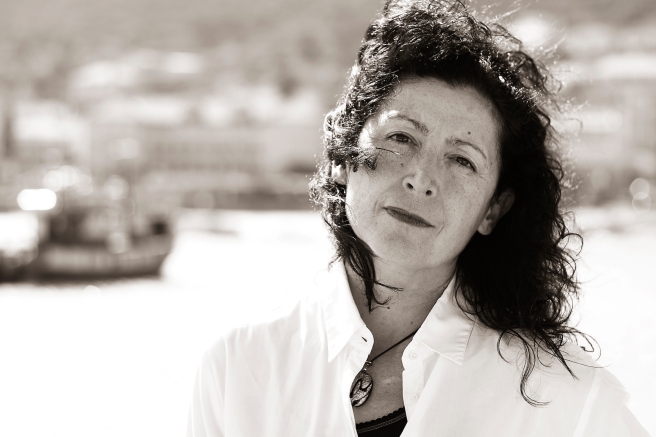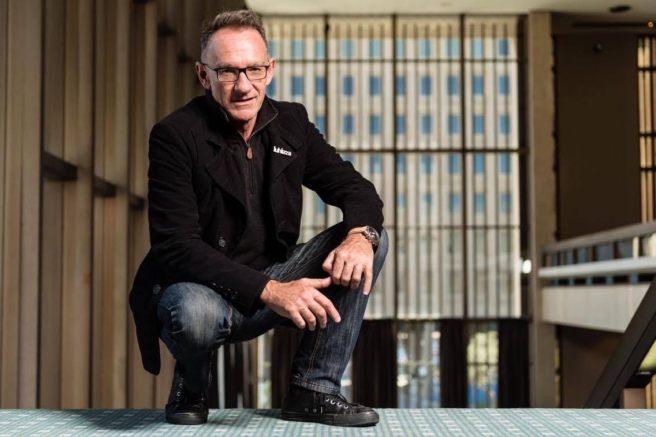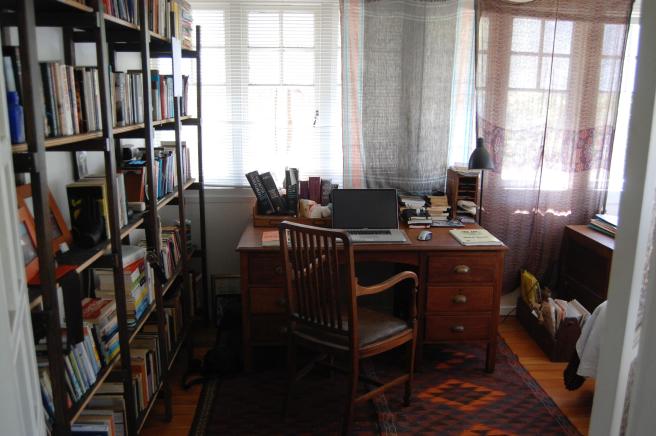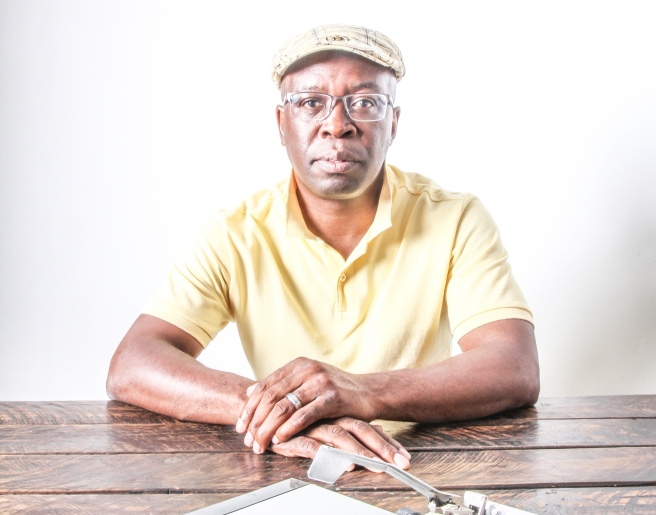David Bristow, who served as Getaway magazine’s editor for 14 years, has authored more than 20 books, including Running Wild, an account of Zulu, the horse who became leader of a herd of zebras in the Tuli Block, Botswana.

Running Wild features a colourful cast. How did you identify and track down the humans that feature in the book so that you would be able to tell Zulu’s story?
I knew most of the characters before I started to research the book, having been to Mashatu [in the Tuli Block] numerous times before. I had even met Zulu on safari, although I did not really remember much about him from that time. The rest of the characters I had to track down. The research took the better part of a year.
What is the most inspiring thing for you about Zulu’s story?
Obviously the most WTF! aspect to the story is how was a domestic horse not only able to join a wild zebra herd, but become the alpha stallion. Answering the question was the crux of the whole book and most of my creative and research effort went into answering that question. I researched not only the actual life of Zulu, but everything I could about horses from Black Beauty to Exploring Equine Intelligence, Evolution and Behavior. Then I tried to work out what it is about horses that they become such almost magical creatures. For example, why will a horse obey its rider and charge into blasting canon fire without flinching? Or, carry a rider thousands of kilometres until it drops down dead? It is a mystery and I am still not a 100% sure if it’s because they are super sentient creatures, or really thick.
Can you tell us about the significance of the book’s setting, the Tuli Block?
I guess the story could have occurred anywhere, but it just happened that Limpopo Valley Horse Safaris set up shop there, and bought Zulu along with a few others from Onderstepoort as their start-up herd back in 1997. However, it had to be there or else the “great storm” would not have figured in the story, Zulu would not have escaped to “run wild” in the Tuli region and likely hitch up with the wild zebras there.
What are the most meaningful insights we can learn from Zulu and his life?
The most obvious one – did Zulu breed with the zebras – is one that will forever remain unanswered. When he was recaptured none of the humans took any notice of the zebra herd or checked to see if there were any offspring in attendance. Zebra males mating with horse and donkey females is known to be possible, but has always bred a sterile zonkey or zorse. But a male horse and female zebra mating, or at least producing offspring, is unknown. Not even the boffs at the Equine Research Centre at Onderstepoort could shed light on that one.
Then there is the matter of what knowledge Zulu brought back with him. He returned a horse extremely wise in the ways of the bush and survival. He would find predators in just about every ride. More than once he saved his rider from close encounters with elephants and lions, which any other horse would not have been able to do. Then there is the whole matter of African horse sickness and what Zulu taught his owners about its treatment. This knowledge is still being used to treat safari horses.
Are there any other examples of horses integrating with another species as Zulu did?
No, not so far as I know. Firstly, horses are extremely skittish animals; most domestic horses die from colic, which is essentially a nervous disposition. Then there is the small matter of horse meat: can you image how all the predators of the African bush would have loved to get a bite of that! How was it that Zulu was not eaten is amazing. In captivity horses can and will bond with other animals, but out there in the bush it’s every horse for itself.
If you could ask Zulu one question, what would it be?
Did any of the females in your zebra harem bear your offspring?
What was the most difficult aspect of working on this book?
To date I have written more than 20 books and I have always maintained that writing is the easy part, just like making bricks or bread. It’s selling them that is hard. I got 174 rejections from agents and publishes around the world before I got the “yes” from Jacana Media in Johannesburg. Even so, the research took a year as I mentioned, writing took another year, then a year to find a publisher and finally a fourth during which there were three rewrites.
What makes horses such compelling animals — both as companions to humans and as figures in literature?
Interesting that, and there is no easy answer. That is the question which is explored in the play Equus: why did a teenage boy stab out the eyes of several horses one night in the stable where he worked (true story)? I think mostly it has to do with horse anatomy. Horses are extremely powerful animals and when we interact with them, and ride them, this power is evident and can be overwhelming. They can run further than any other animal. They can jump astonishing heights. Most of these characteristics are derived from their unique back leg geometry; they have very light spring-loaded lower legs powered by extremely large buttock and thigh muscles which makes equids unique in the animal world. But the matter of the connection between humans and horses, that’s one I’m still working on. Best you ask a teenage girl.
To what do you attribute the human fascination with “being wild”?
We’ve spent the better part of the past 10 000 years or so trying to tame nature in order that we might lead more secure, predictable and increasingly comfortable lives. Suddenly in the past hundred years or less, taming has turned to destroying in our unrelenting urge for material comforts. It was not only Bob Dylan who said, but I remember he said it so well, that “I never knew what I had, till I threw it all away.” We’re a funny animal, in the worst way.
What is the next story you will tell?
No food for lazy boy! My next book is already on the store shelves. It’s called The Game Ranger, the Knife, the Lion and the Sheep and it contains 20 stories about some of the most curious characters I could find in South African history. And I’m working on the one after that, about 20 amazing places in South Africa, a kind of adventurer’s bucket list. That will be out around this time next year, and I’m already planning the two after that. I guess you could say I’ve got the writing bug. And lucky for me I finally found a publisher who encourages me to scratch that itch.
Running Wild is published by Jacana Media.








